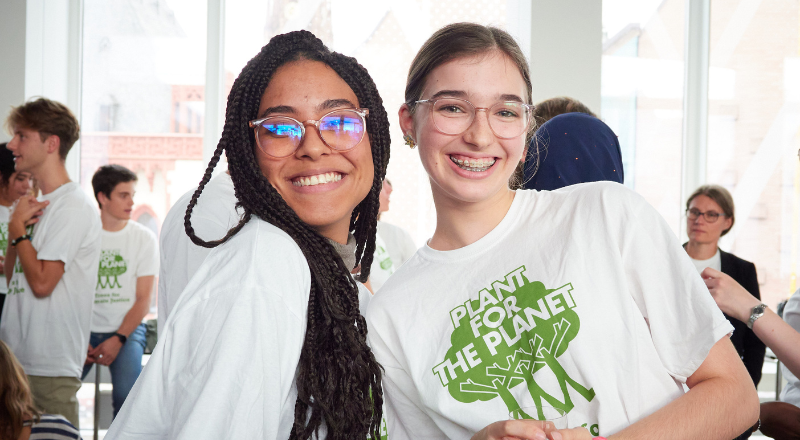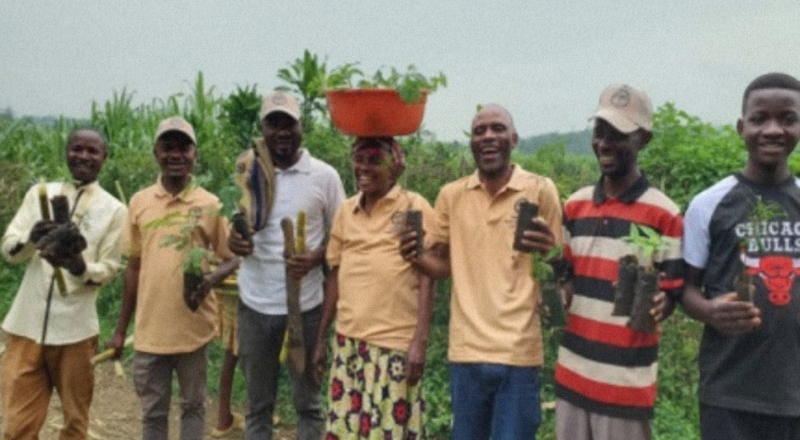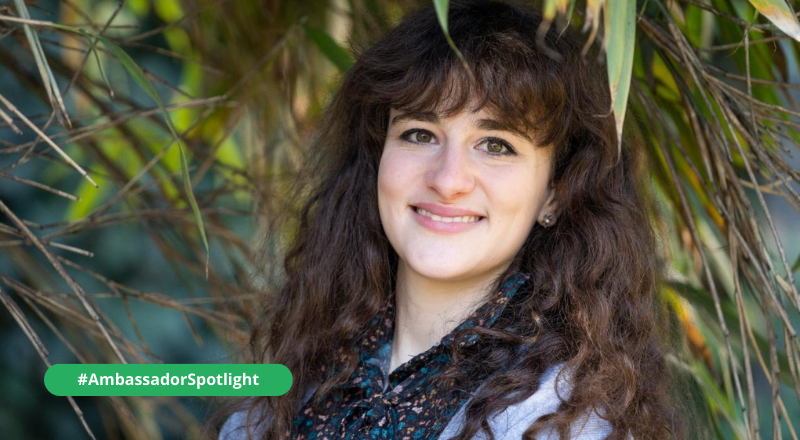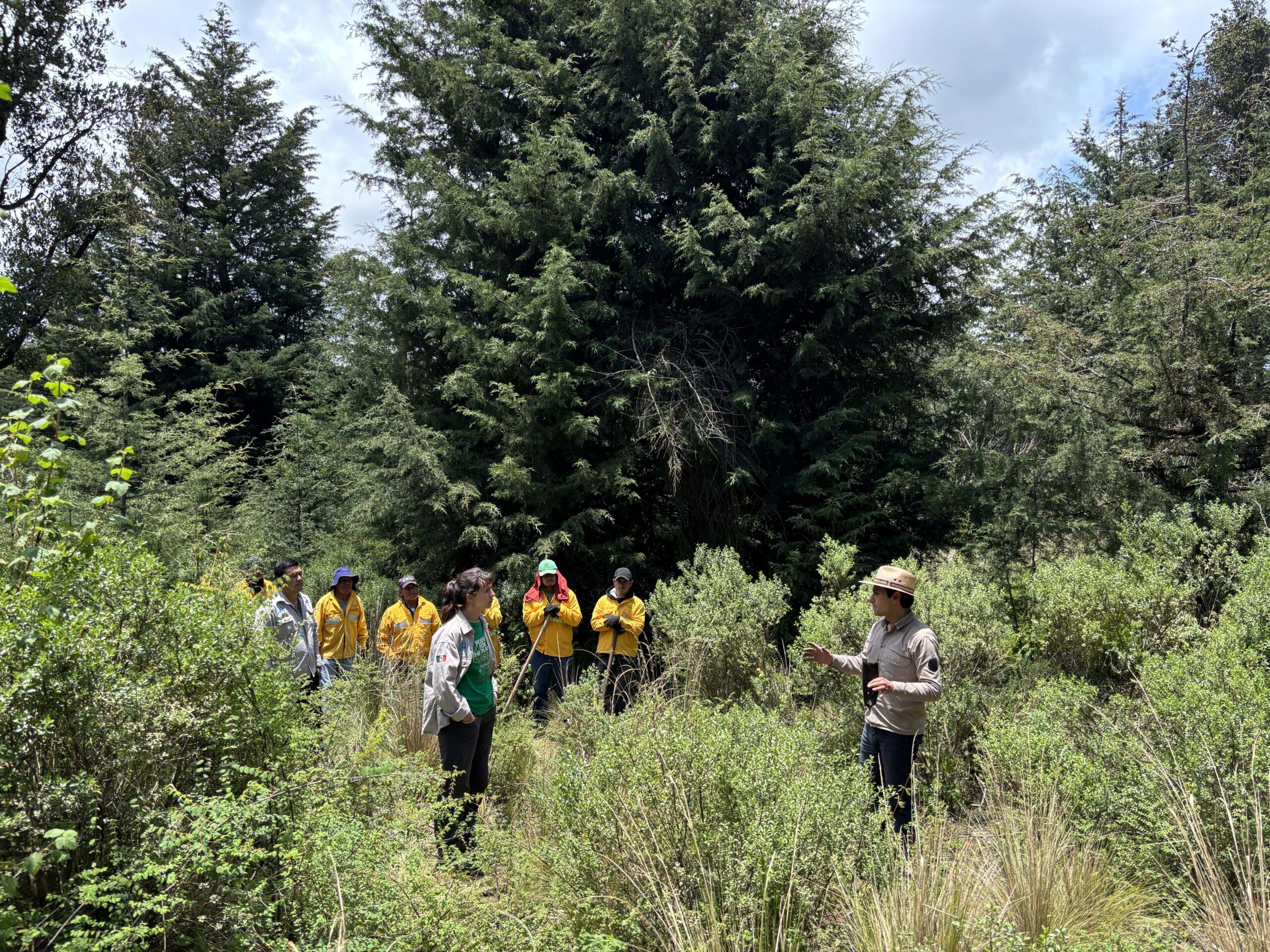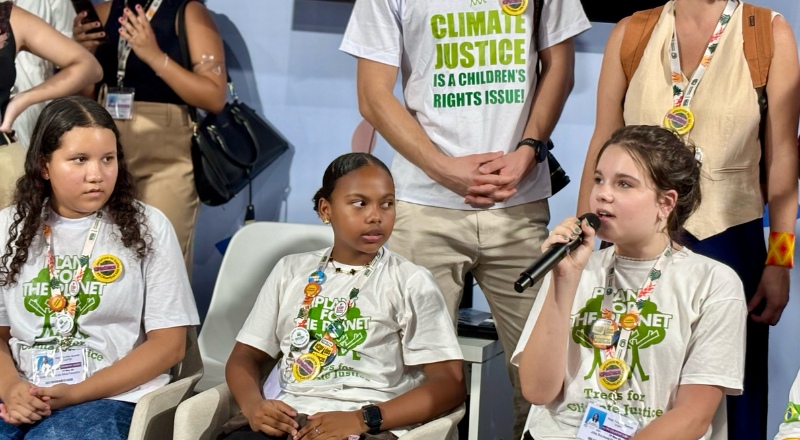
At the edge of the rainforest in Belém, Brazil, the world has gathered for this year’s UN Climate Conference (COP 30). From November 10–21, tens of thousands of delegates, negotiators, and civil society members convene, not just to discuss the climate crisis, but to make decisions that will shape the future of the planet.
These spaces are usually far from accessible to underrepresented groups, including children and Indigenous Peoples. Barriers like high costs, limited accommodations, visa restrictions, and accreditation hurdles often prevent them from attending. In other words, COPs are generally designed for adults in suits, with technical discussions and formal protocols that leave young people out of conversations about their own future.
This year, Plant-for-the-Planet decided to bridge that gap. We brought 10 young Climate Justice Ambassadors, aged 9 to 15, directly into the heart of the conference, the “Blue Zone.” Joined by children from other Brazilian organisations, like Alana, these kids weren’t there just to observe. They weren’t the “objects” of discussions about vulnerable populations, they came to speak, to share their hopes, fears, and demands for a livable planet.
A Day in the Life of a COP 30-Child
For most COP attendees, the day is all schedules, and negotiations, though in Belém, the dress code relaxed a bit under the unbearable heat and humidity. For our young Ambassadors, it began with breakfast at the Children and Youth Pavilion. These pavilions are spaces where attendees can attend side events, panel discussions, and interactive sessions, and here, the children immediately stood out. Cameras clicked, journalists asked questions, and voices that are usually unheard finally had attention.
But the day was about more than being seen. Marcele Oliveira, Youth Climate Champion, led a simulation of negotiations in the pavilion, where every child introduced themselves and shared their statements. Later, they moved to a high-level intergenerational dialogue in one of the negotiation rooms.
Júlia, 13, a Climate Justice Ambassador from Brazil, delivered the opening statement on behalf of the global Ambassadors community. The children interacted with high-level figures, including COP 30 CEO Ana Toni and Mary Robinson, former president of Ireland, who famously said, “As an older person, I refuse a seat at the table if at least one young person is not present.”
In these meetings, the children’s message was simple but urgent: if adults don’t take care of the world, there is no future for children.
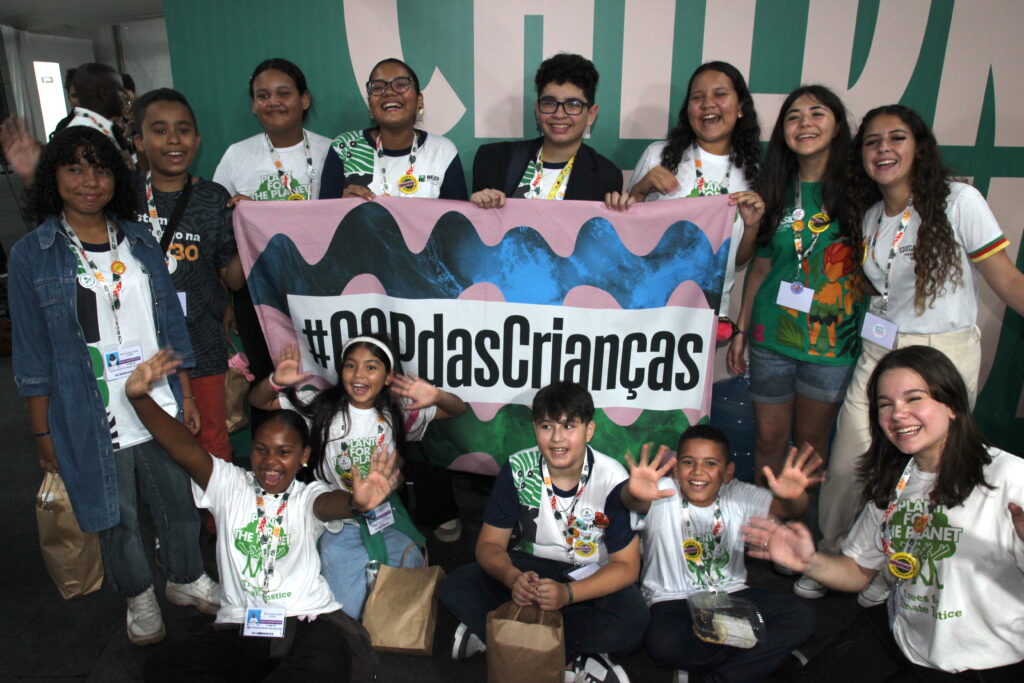
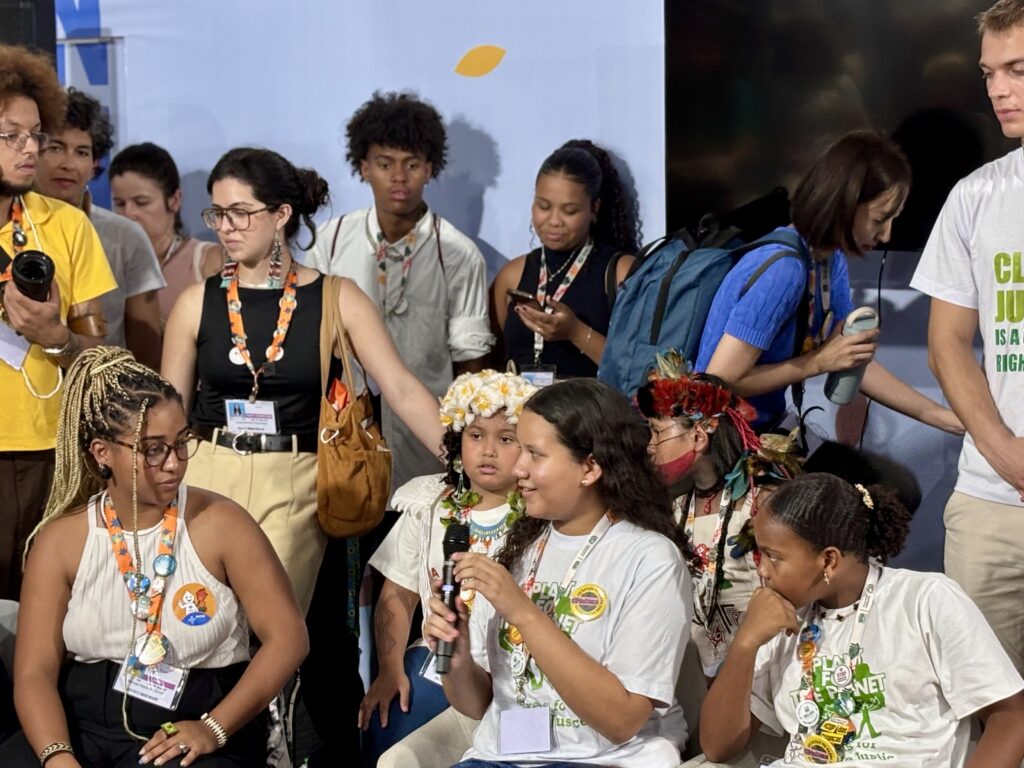
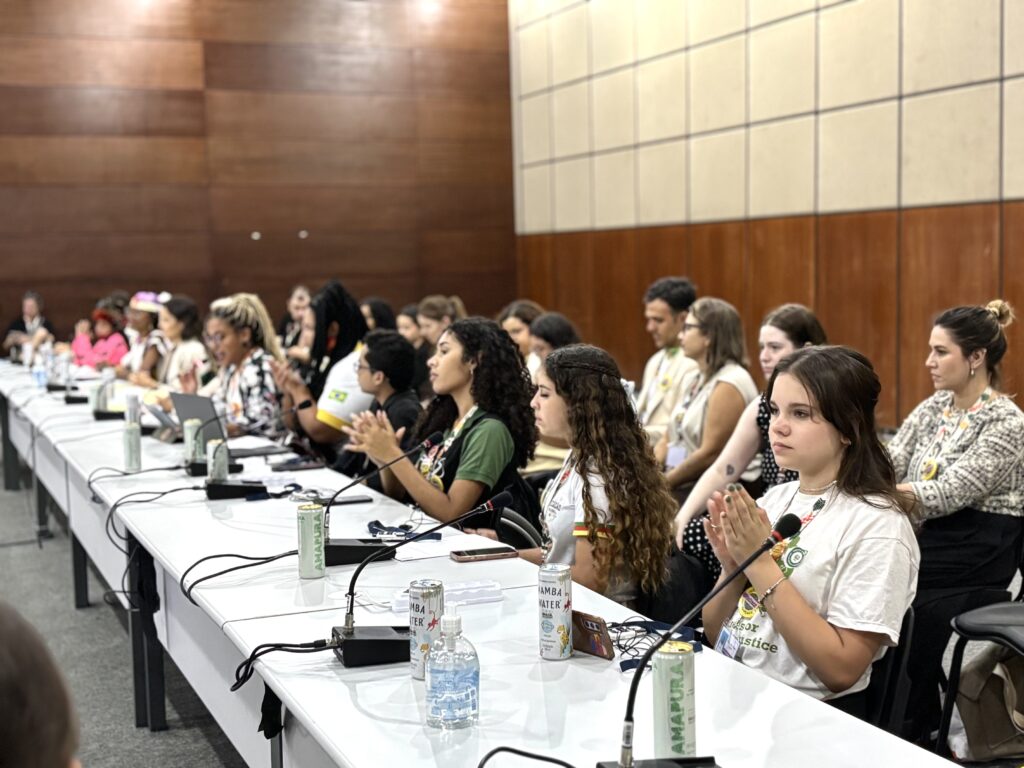
The Global Ethical Stocktake: Children for Climate Justice
At the GES Pavilion, the children participated in an interactive, “live” consultation, sharing their thoughts, experiences, and demands. The Global Ethical Stocktake (GES) examines the ethical dimensions of the climate crisis. While young people had previously been included, this was the first time that children themselves were given a platform. And we helped to bridge this gap.
The highlight of the day came when they presented the results of Plant-for-the-Planet’s GES consultations in a video format. The survey captured the voices of 600 children and young people from 12 countries across four continents, highlighting their experiences with climate change, their concerns, and their demands. Watch the demands here.
“In me lives a child that dreams, that plays, that learns, but that has also learned to face fear. Fear of a future that is being destroyed. A dry future without forests, without smiles, and without hope. But I have not given up yet,” said Júlia.
The children’s words reflected the dual reality of growing up in a climate crisis: fear and disappointment, but also hope and determination. The GES results, together with direct dialogue at COP 30, showed that children are not just victims, they are powerful agents of change.
“Nothing About Us Without Us”
For too long, children’s voices have been left out of climate decision-making. COP 30 showed that this can, and must, change. By stepping into spaces usually reserved for adults, our young Ambassadors proved that children need to be included in conversations that shape their future. Their message was loud and clear: “Nothing about us, without us.”
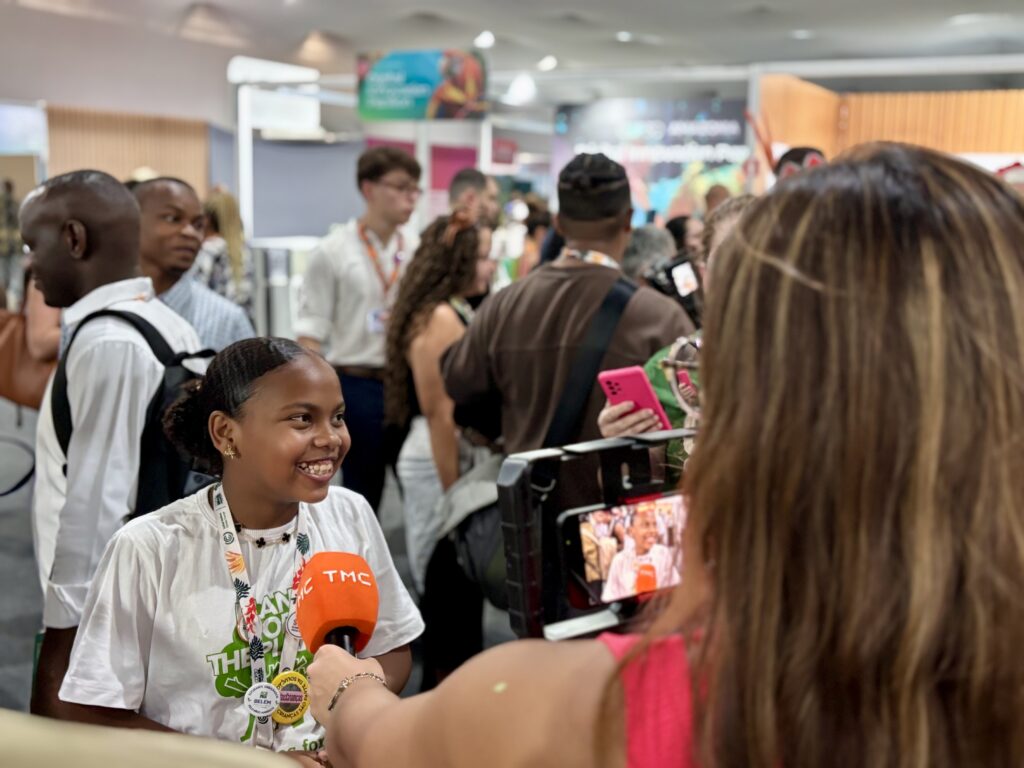
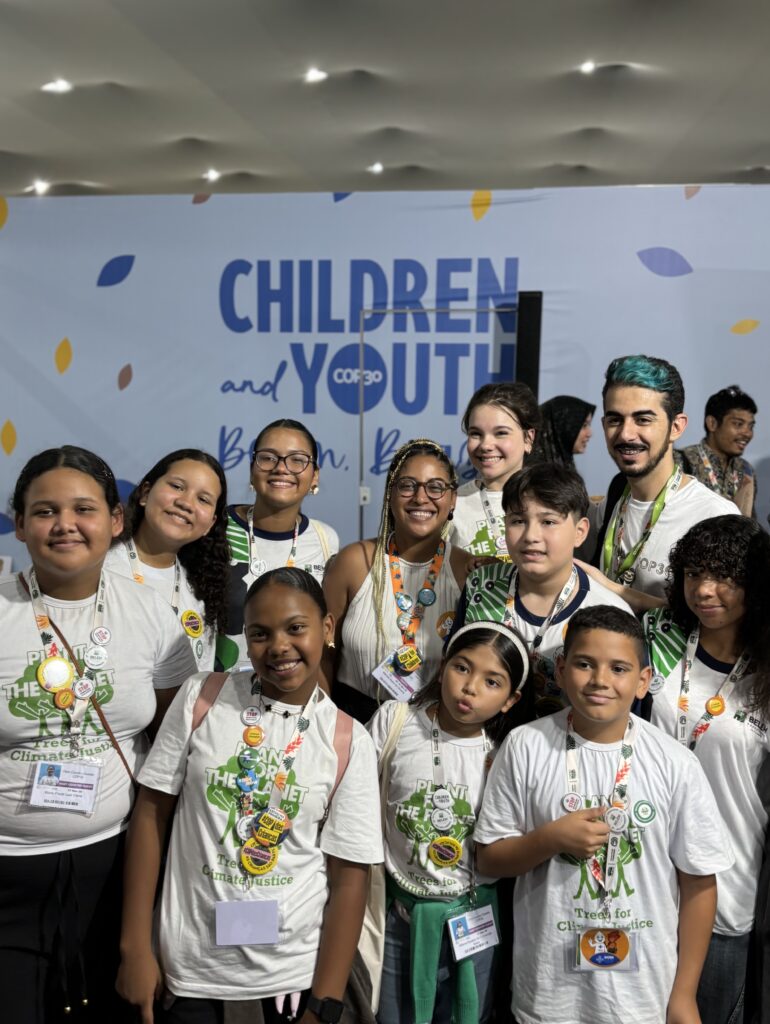
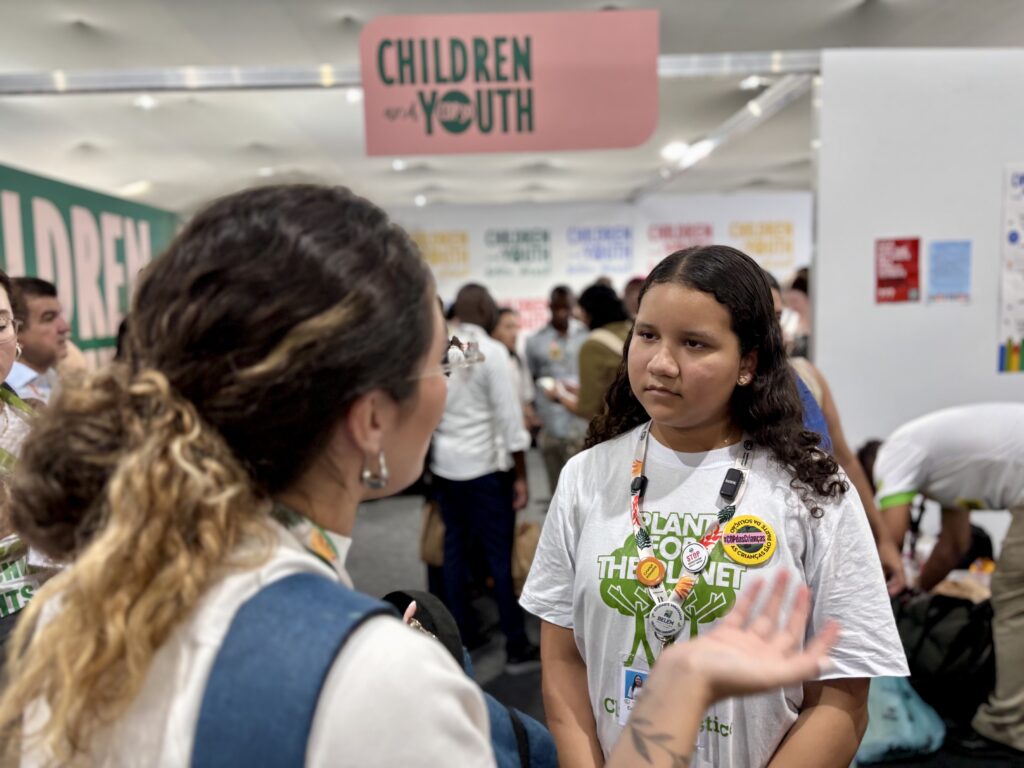
As Fatou Jeng, Plant-for-the-Planet’s international empowerment manager, explained:
“For the first time in our history, we were able to bring 10 children, into the Blue Zone of the UN Climate Conference. They were able to speak for themselves, instead of having adults speak on their behalf. Normally, children don’t get into spaces like this because of accreditation and funding hurdles. It was incredible to hear children from all over the world share their stories and their demands for a just and inclusive world, where their rights are protected and they are involved in decision-making.”
Together, we can make sure children are not just heard, they’re leading the change.
→ All the pictures can be found here.
Help us amplify children’s voices – support our work here.

